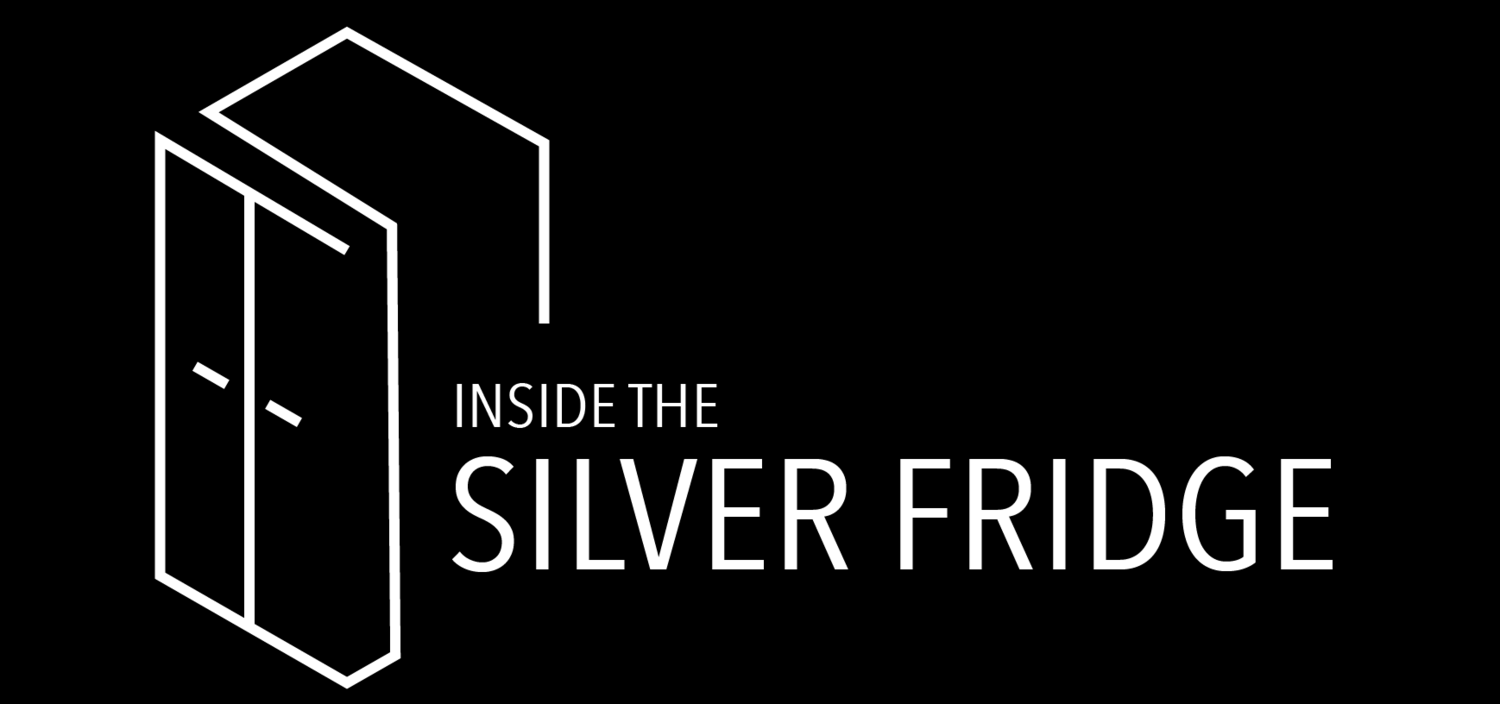The "Absurd” in the Hospital
/The "Absurd” in the Hospital
By Gene Novikov, MD
The other night I was called to see a patient whose blood pressure had dropped. He had multiple infections and several organs in various states of failure, conditions that his malnourished body would not be able to overcome. Instead of escalating care, we called the family to come and discuss what he would’ve wanted and together decided to make him comfortable. A few hours later he passed peacefully with family surrounding him.
As healthcare providers we get to have windows into some of the most intimate moments of peoples’ lives but we often miss the absurdity that occurs when humanity meets modern medicine.
That patient story can be told in two different ways. The first is as above, a peaceful transition from life to death, but another interpretation is through the lens of Terry Gilliam. When I was in the room, I was reminded of the opening scene from Brazil, a satire of a dystopian society overly reliant on machines led by an absurdly bureaucratic totalitarian government:
The rest of this post will not make much sense without seeing this clip, or the movie.
I watched this movie years ago, but I am often reminded of it at work. The arrest scene of Mr. Buttle is a master piece of the absurd. The juxtaposition of the overly violent beginning with the bureaucracy of paperwork is a beautiful metaphor of life in the hospital. Modern medicine is anything but a gentle process, infused with endless charting (David Foster Wallace would call this almost “Lynchian”).
When the family came, we were doing everything we could to keep the patient alive. He was hooked up to innumerable machines. Wires were attached to his chest and fingers to monitor his heart rate and oxygen. Multiple IVs in each arm connected to at least seven different infusers all beeping with different cadences and pitches creating a cacophony of sounds that many physicians have learned not to hear. Tubes were coming to and from him to first feed, and then collect the output, akin to The Texan from Catch-22. He was swollen to twice his normal size with bruising everywhere from previous attempts to gather blood and chest compressions. A hospital gown attempted in vain to cover him up. While his tearful family and I discussed matters of life and death, the machines continued to beep and whirl, fighting for our attention and often winning. Slowly, they came to the conclusion that he would have preferred a more peaceful ending than the one he was currently experiencing.
I intended to leave the family alone, but before I could make the patient “comfort care” I had to return with a witness to have them sign the paperwork. In that moment, I was the bureaucrat from Brazil, juxtaposed against a backdrop of medical-violence, entering with paperwork that will never again be used. I did not give them a receipt and did not get a receipt for their receipt.
This is not the first time that I’ve experienced this scene, but it is the first time that I came to realize some of the absurdity in it - walking into a room full of family mourning the passing of their loved some to ask them to sign paperwork regarding the death of said loved one, and no one seems to think that this is intrusive or odd in any way. It made me wonder about all of my interactions with patients in the hospital and how much I was missing from the overall picture because I was so focused on which antibiotic to start or which chemotherapy they had recently received.
What absurd aspects of hospital life have you noticed?

